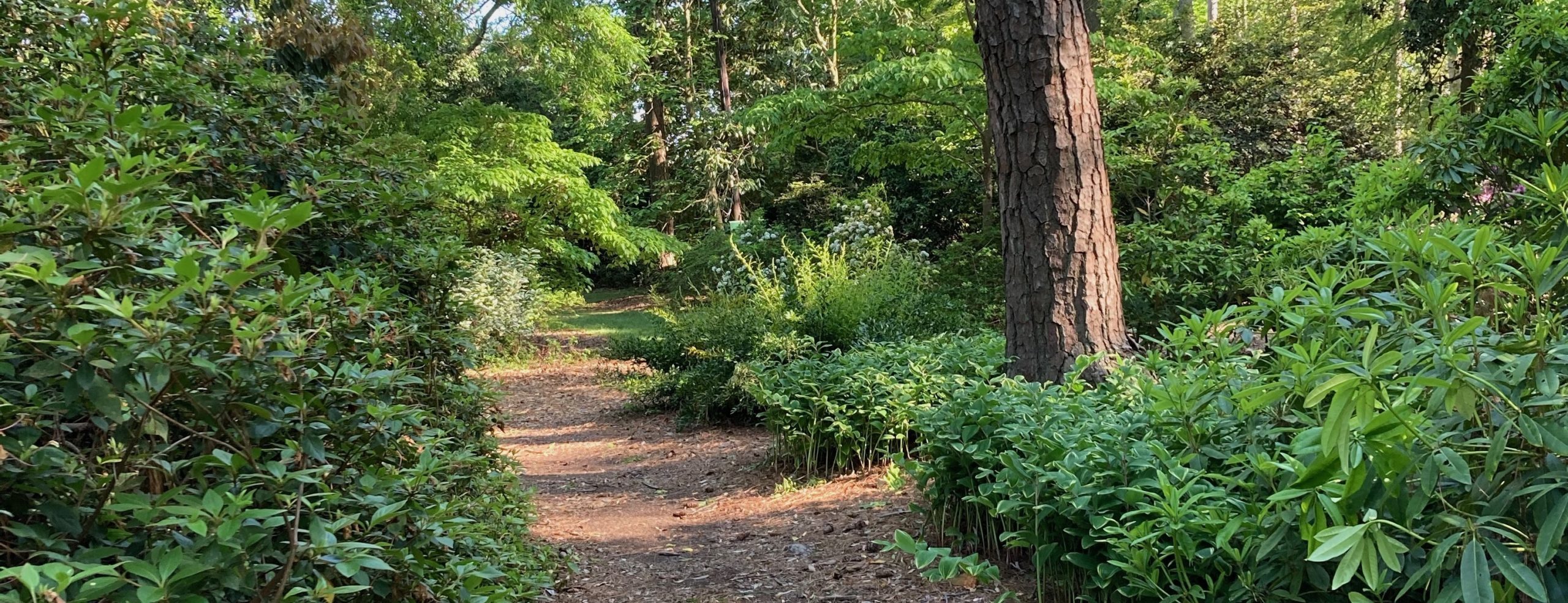I mentioned a few posts ago the rejection of my short story “Upshot” due to its use of Spanish words instead of using a language native to isolated Guatemalans. I went on to describe how I had sent forth queries intended to draw on resources among my friends new and old for Mayan replacements.
Now I’m telling you that this short story seems to be a lesson without end.
I finally got the requested translations from a native speaker of Ixil, working through Maya Translators, LLC, in Florida. The woman faithfully provided conversions for all 45-50 English/Spanish words in my list, in proper context for my story. I was so excited, I put everything else aside and plugged the Ixil into my draft right away, then read it through.
What a surprise! The new version turned out choppy, difficult to read, much less understand. Why? The reason seems so obvious—in hindsight. I had failed to consider that some English or Spanish words don’t convert one-for-one into another language; some of the terms on my list required a multi-word “explanation” in Ixil to convey the proper meaning. From the translator’s explanation, I gathered that words like “tinamou” might change into “small bird who walks,” while “pozol” might be expressed “fermented corn drink.” The translator didn’t offer Ixil conversions for these, so I’m guessing here. But she did suggest I leave them as-is, whether in English or Spanish. For the same reason, even some of the translations she did provide proved too distracting in the text of my story, like “k’alol qul q’ab’” for the word “bracelet” or “unq’a kulog’o’m” for “purchases.” To leave them in would make comprehension of the story too difficult for the reader.
Other terms did translate, yet I chose not to use them. The daughters in “Upshot” refer to the protagonist as “Mamá,” a label recognizable to most of my intended readership. The Ixil equivalent, “Txutx,” might look to English-speaking readers like a name, instead of a title. Its meaning, its impact, would be lost. For the same reason, I did not convert the more familiar word “quetzal” into “q’uuq’,” lest the reader miss the story’s ecological impact.
In the end, I made several passes through the draft, revising, substituting, and tweaking to find a combination of English, Spanish and Ixil words that would maximize the story’s impact. One friend who is familiar with the Ixil region in Guatemala told me that using a combination like this adds more authenticity, since some Spanish terms have been “seeded” into the native populations, even as some Mayan phrases intermingled with the wider Spanish usage. Other resources I’d queried admitted that their Mayan friends had been reluctant to make suggestions because of these context issues.
When I originally wrote this story a year ago, I had no idea how it would broaden my understanding. Not only did it raise my awareness of endangered languages and the violent history of this beautiful country, it also made me think in much more specific terms about location for a story, including all the details that dictates. Now that it is almost completed, I plan to enter it into a contest, see how far it will go. I’m quite proud of the final result. All those who read it in their efforts to assist found it moving, so we’ll see what happens.
“Upshot” has proven to be a journey for me, touched me in a way most of my other short stories have not. I’ve developed a deeper connection to what little I’ve learned of Guatemala’s culture and history and feel drawn to experience it up close. One of my contacts visits Lake Atitlán almost every year. Perhaps I can accompany her on her next trip.
UPDATE: If you’ve been watching the news at all, you’ve heard about Sunday’s eruption of Volcan de Fuego, near Antigua in Guatemala. I’ve checked with my contacts, who say all their local connections are safe and accounted for. The same cannot be said for many others. The New York Times said more than two million people have been affected. The current death toll stands at 62, but that is likely to rise. Thoughts and prayers cannot build the evacuees new houses or heal their burns or find their lost loved ones, but I will offer them anyway from here in this moment. I’ll be watching in the days and weeks to come to learn what more I can do.

I enjoy your thoughts and your sensitive, pragmatic pace. Guatemala is like an open door!
-Phil
Thanks, Phil …. perhaps when my friend and I come there, you’ll be visiting as well, and you can show us some of your organization’s works!